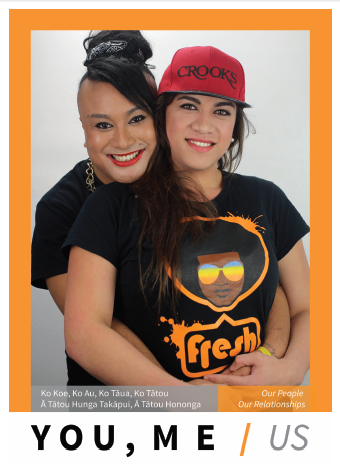The International Journal for Equity in Health published a paper in 2009 with the following abstract:
"In this paper we argue the importance of including gender and sexually diverse populations in policy development towards a more inclusive form of health promotion. We emphasize the need to address the broad health and wellbeing issues and needs of LGBT people, rather than exclusively using an illness-based focus such as HIV/AIDS. We critically examine the limitations of population health, the social determinants of health (SDOH), and public health goals, in light of the lack of recognition of gender and sexually diverse individuals and communities. By first acknowledging the unique health and social care needs of LGBT people, then employing anti-oppressive, critical and intersectional analyses we offer recommendations for how to make population health perspectives, public health goals, and the design of public health promotion policy more inclusive of gender and sexual diversity. In health promotion research and practice, representation matters. It matters which populations are being targeted for health promotion interventions and for what purposes, and it matters which populations are being overlooked. In Canada, current health promotion policy is informed by population health and social determinants of health (SDOH) perspectives, as demonstrated by Public Health Goals for Canada. With Canada's multicultural makeup comes the challenge of ensuring that diverse populations are equitably and effectively recognized in public health and health promotion policy."
Read more here.










